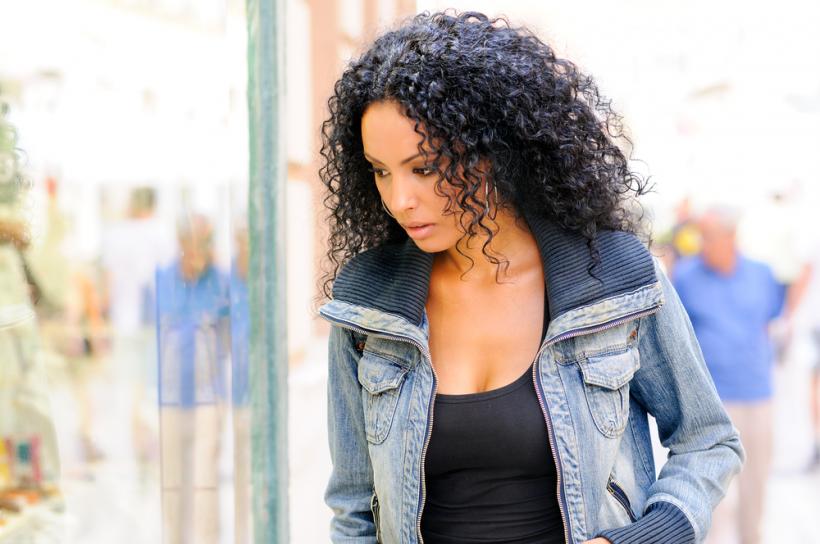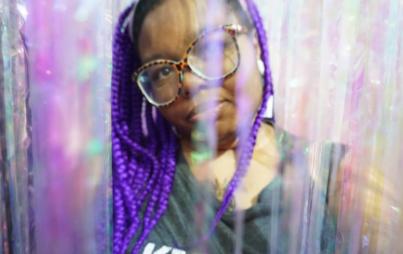
I can't help but think that my lack of hair resources reminds me that I live in a land that wasn't intended for me.
To me, the old expression “Beauty is only skin deep” is a lie.
I've spent the last three years living in an area where a lack of resources for Black hair has served as a reminder that I am an “other” in this town. At first, the lack of resources depressed me. Over time, I've seen pockets of change, and I'm inspired by where things are going — but in the meantime, access to resources is a struggle.
Growing up, many of my most impactful memories related to my hair. Some of them were positive, like getting a new hairstyle in preparation for special events like prom. Others were everyday memories like the stress of trying to get my hair to look nice without having a relaxer. But a fair amount of those memories were negative, like the bullying I experienced in school for much of my adolescence due to having shorter hair slightly more prone to breakage.
For Black Americans, our relationship to our hair is difficult to describe. Our cultural origins have always emphasized the importance of hairstyles. For people of African descent, hair has been a reflection of status as well as other essential identity factors contemporarily and historically. When my ancestors migrated to the United States somewhere between African and Black American, they were met with a climate that taught them to reject all things associated with Africanness, especially African beauty.
American history is littered with examples of legislation or customs aimed at discouraging Black hair acceptance. And even now, we are witnessing cases that tell Black Americans our traditional hairstyles like dreadlocks, cornrows, and braided extensions are not acceptable within the professional sphere.
Our natural hair as the continuation of a legacy and often the rejection of white supremacy as a whole.
When I first rejected pressure to straighten my hair, I was a graduating senior in high school. I had experienced many years of ridicule and self-criticism.
You Might Also Like: 3 Reasons I Won't Apologize For My Black-Girl Hair
But one day it all clicked — my natural hair was good enough.
From then forward, I fell in love with natural hair, its versatility, and its strength — both physically and metaphorically.
However, after college when I faced a move to the Midwest, I became anxious. I wondered who would I be able to find to take care of my hair professionally as well as what products I would have access to in an overwhelmingly white area. In a town that has only a handful of hair salons, I am forced to ask the uncomfortable question of whether or not they're familiar with Black hair. Many times the stylists respond with a smile and say they can do any hair. But their colorblind logic overlooks the fact Black hair functions differently than white hair.
Beauty services are often a self-care practice, especially for women. Few things can make my day run smoother after a long day of working from home with a two-year-old than having someone wash and massage my scalp while making me feel beautiful. But unfortunately, that's a rare occurrence here. Getting your hair done in an area where few people look like you makes you into an experiment.
I can't help but think that my lack of hair resources reminds me that I live in a land that wasn't intended for me.
Thankfully, as sprinkles of Black women pass through our town, they bring their experiences, self-taught skills, and ideas to those of us who are marginalized. I see their choices not only as financially lucrative but also as seeds of resistance to the concept that we as Black women don't belong in this area.
In turn, these newly developed locations have become core to local Black residents and other people of color. We all need our hair done. But more importantly, we need to feel accepted. Their services help fill this need. I hope that with time, more towns that are not ethnically diverse find ways to accommodate cultural beauty differences.








